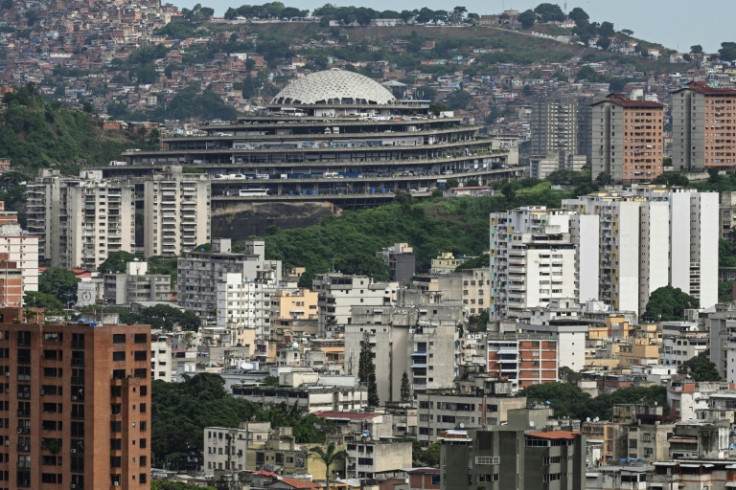
Venezuelan security forces killed one of the country's most notorious criminal leaders on Thursday, the country's Interior Ministry announced.
The publication said that Deiber Johan González, known as "Carlos Capa," was killed during a police operation in Ocumare del Tuy, not far from the country's capital, Caracas.
According to InSight Crime, Capa's gang dedicated itself to extorting merchants and farmers in the Valles del Tuy area, also conducting scams through Facebook Marketplace.
The publication also noted that he had become a valued target for the Maduro government, which offered $150,000 for information on his whereabouts. His demise comes mainly as a result of "not submitting to the rules that the Maduro government has imposed on Venezuela's criminal underworld," InSight crime analyzed.
He had reportedly been able to escape capture due to the support of the local community, corrupt police forces and the geographical advantages of the area in which his gang operated.
The announcement comes as the Maduro government seeks to tighten its grip on the country following the setting of an official date for the country's presidential elections. The National Electoral Council (CNE), Venezuela's electoral authority, announced this week that the elections will take place on July 28.
However, a date just as key will happen much sooner: Maria Corina Machado, the country's main opposition leader, will have to decide whether to continue pushing to take part in the elections despite being banned (a decision questioned both at domestic and international levels) or leave her spot to another potential candidate the opposition can rally behind.
Last month, Machado's ban was upheld by a Supreme Court ruling, a sentence which was labeled by Machado as "judicial criminality" and "the only tool they have left to stop adversaries." This leaves the opposition with just 20 days to establish a conjunct strategy against Maduro.
The expiration date of the electoral register also makes it virtually impossible to update the pool of Venezuelan voters abroad, a number estimated to be around 7.7 million people according to the United Nations Refugee Agency which is largely made up of migrants, most of whom have left the country due to socioeconomic difficulties and political positions and, therefore, have higher chances of opposing the Maduro government.
Many countries refused to recognize the results of Maduro's last election in 2018, citing fraud and a lack of transparency, and instead recognized his poll rival Juan Guaido as interim president. Four years later Maduro, 61, is still firmly in charge of the oil-rich nation after his rival government collapsed. How the opposition moves ahead by the end of March will be key to see how the country's political scenario gets set for July.
© 2025 Latin Times. All rights reserved. Do not reproduce without permission.





